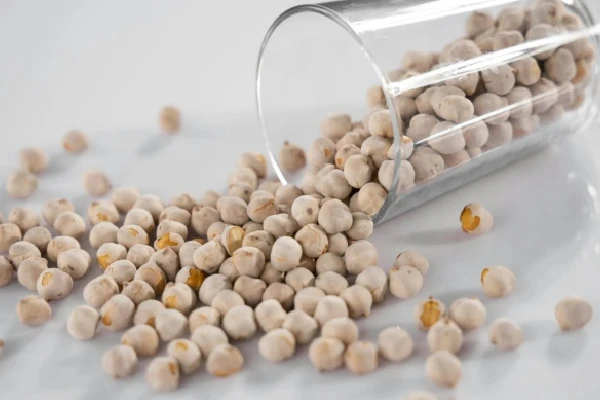Intermittent Fasting and Its Effect On Your Gut Microbiome
Thursday Dec 1, 2022

If you were told that there was one thing you could do that could trim your waistline and slow down aging while protecting against cancer, diabetes, and Alzheimer's, would you do it? You've probably already heard of it. It's something that almost anyone can do and has made its rounds as the new fad diet, with anecdotes of drastic results. But it isn't new. It's not even a diet.
It's called intermittent fasting — the practice of cycling periods of eating and fasting on a regular schedule. Intermittent fasting gained traction in 2012 with the release of TV documentaryEat Fast, Live Longer, and the booksThe Fast Diet, The 5:2 Diet, and The Obesity Code. Since then, intermittent fasting has made its way into medical journals and fitness magazines as the trendy way to eliminate stubborn visceral fat.
But intermittent fasting has roots that are much more ancient, going back centuries in Ayurvedic and Traditional Chinese Medicine, and even in the Muslim religion during the month of Ramadan. Fasting exists in some form in almost every recorded religion throughout human history and has been a regular occurrence in most societies simply due to the prevalence of food insecurity. Despite its long history, the key to understanding what makes intermittent fasting so effective is something that no ancient health expert has done in the past: look at the effects of fasting on the human gut at a micro level.
It's not what you eat; it's when you eat


The science behind why time-restricted feeding (TRF) is effective as a method of weight loss is simple. When we don't consume food, our insulin levels drop. During an extended fasting period, insulin goes down far enough long enough to release stored glucose for energy. Over time, the repetition of these cycles contributes to overall weight loss.
In terms of your gut, it's less about where your calories come from and more about giving your digestive system a break. We've discussed extensively how the foods you eat affect your microbiome. That's because your gut is alive. You play host to trillions of bacteria, fungi, protists, etc. in your gut and your daily habits directly affect their living environment. And like all living things, your gut needs moments of rest.
Keeping in time with your circadian rhythm


Everyone's biological clock operates off a 24-hour cycle of stop and go-signals that affect sleep, hormones, body temperature, and other body functions. For example, our bodies switch from metabolizing sugars during waking hours to fats overnight while we're sleeping. Those who disrupt their circadian rhythm—with jetlag, night shifts, or midnight snacks—are more prone to glucose intolerance, fatty liver, blood pressure, and a host of other health issues.
Those that maintain TRF that aligns with their circadian rhythm, however, are more resilient to metabolic diseases and cancer, largely because of a change in microbiome composition and metabolic pathways:
- Intermittent fasting leads to increased diversity in the microbiome with a higher percentage of beneficial bacteria such as those in the Clostridiales and Lactobacillales order.
- The bacteria release fermentation byproducts like lactase and acetate, which increase muscle mass and fat metabolism, respectively.
- The microbiome regulates glucose, lipid, etc. metabolism in the liver, reducing oxidative stress and inflammatory reactions.
Overall, intermittent fasting has a profound impact on the gut richness and diversity and its efficiency in maintaining and repairing the human ecosystem.


